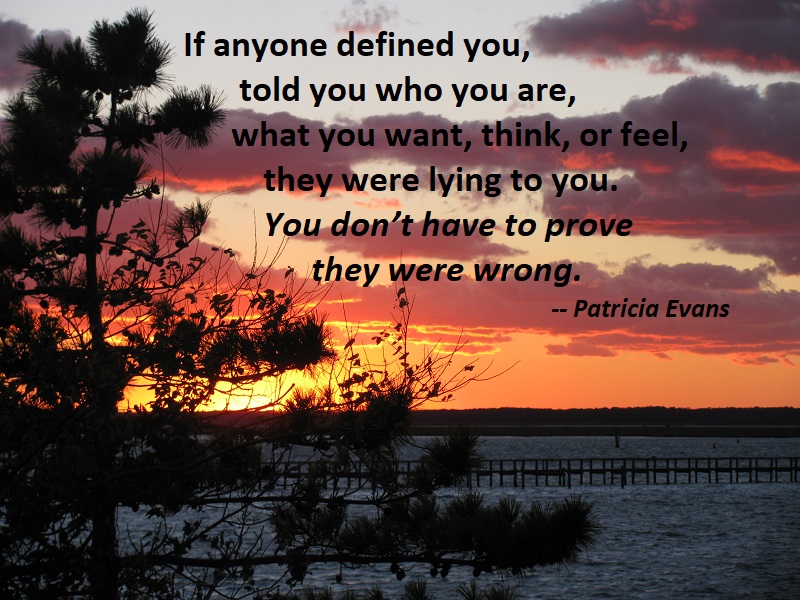Listen to how someone prays — it will reveal what they really think about Jesus. Does he sound near, or does the prayer make him seem far away, up above the sky somewhere? Does it sound as though Jesus might be someone we are bothering with our requests, someone with far more important things to do? Does he have a sense of humor, or is he always serious? Is it formal, and religious, or “Good morning, Papa”? Do they even sound like they know him? Really, listen to their prayers. Listen to your own.
We interpret Jesus through our brokenness. A painful truth, but also a hopeful truth. Maybe we can open up the doors and windows we didn’t know we closed….
This is actually good news, friends — a fair share of your difficulty with Jesus is simply your own brokenness getting in the way. It’s good news because it enables us to realize that our perceptions may be wrong, that this isn’t what Jesus is like — this is our brokenness talking. And second, healing our brokenness is exactly what Jesus came to do. How did he handle every broken person that ever came to him?
— John Eldredge, Beautiful Outlaw, p. 159-160
